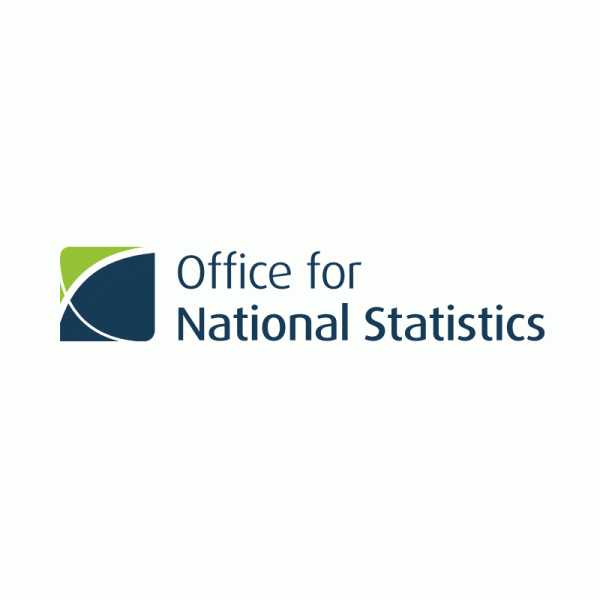By Charlotte Webster-
The number of people infected with coronavirus has drastically reduced in the last week, the latest official figures show.
Data released by the Office of National Statistics (ONS) showed 53,000 people in England had the virus at any one time during the last two weeks of May. The household survey does not include people staying in hospital or care homes because COVID-19 infection are likely to be different, it says.
The ONS said the modelling of the trend over time shows evidence that the number of people in England testing positive has decreased in recent weeks.
”As the proportion of those testing positive in England is decreasing over time, it is likely that the incidence rate is also decreasing. However, because of the low number of new positive cases, we cannot currently measure a statistically significant reduction”, the report said.
The incidence rate measures the occurrence of new cases of COVID-19. Incidence refers to the number of individuals who have a positive test in the study divided by the time from joining the study to their last test. Individuals who are positive when they join the study are not included in this calculation. the ONS report added.
The statistics indicate an estimated 39,000 new COVID-19 infections per week in England (95% confidence interval: 26,000 to 55,000) between 26 April and 30 May 2020, equating to an incidence rate per week of 0.07 new cases per 100 people.
The statistics claim that individuals working outside the home show higher rates of positive tests than those who work from home.
The analysis also reveals that 28% of excess deaths registered between 7 March and 1 May in England and Wales did not involve coronavirus, totalling 12,900 deaths out of 46,380. Excess deaths is the number of deaths above the average total for the particular period under study in the last five years.
Non-coronavirus excess deaths have occurred in older age groups, particularly those with underlying health conditions.
An estimated two-thirds of non-coronavirus excess deaths in this period were linked to dementia, Alzheimer’s disease and “symptoms, signs and ill-defined conditions” mainly indicating old age, the analysis found.
But the ONS said undiagnosed COVID-19 is a “likely explanation” for some of the excess deaths of elderly people with underlying health conditions not linked to coronavirus.
The survey revealed that of the individuals taking part in the COVID-19 Infection Survey who were asked whether they had experienced a range of possible symptoms on the day that they were tested, 3.62% (95% confidence interval: 2.22% to 5.53%) of people who were experiencing one or more symptoms of COVID-19 tested positive.
On the other hand, 0.33% (95% confidence interval: 0.25% to 0.41%) of people who were not experiencing any symptoms of COVID-19 at the time of the test tested positive.
The pilot survey of households in England, was conducted in conjunction with with the University of Oxford, IQVIA and UK Biocentre Milton Keynes to collect and analyse the samples. All individuals aged two years and over in sampled households were invited to provide samples for testing.
At the beginning of the pilot study, an estimated 20,000 households were invited to take part, with the aim of achieving data from around 10,000 households. To take part, invited households opted in to the survey by contacting a company called IQVIA,




